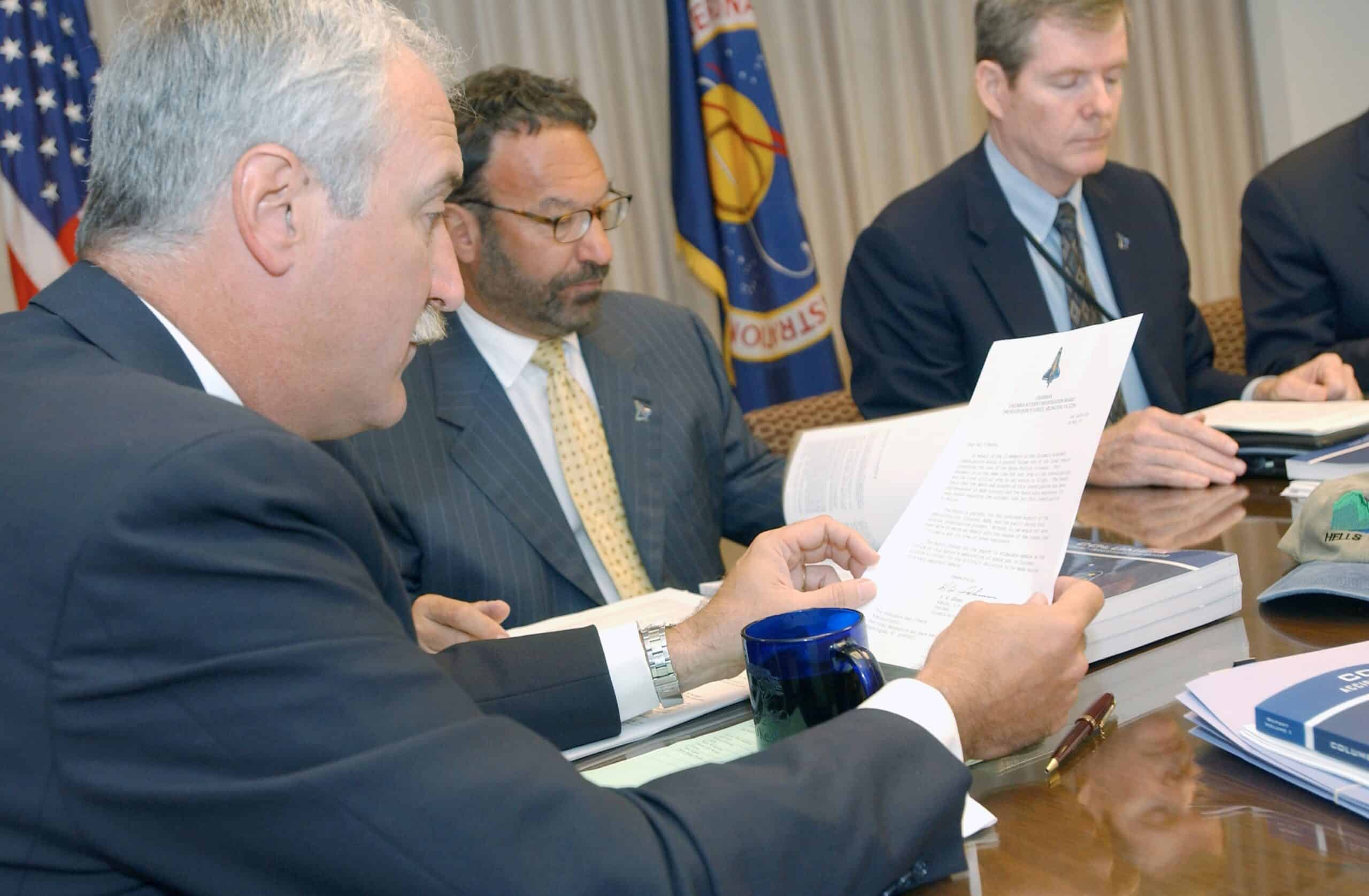Across my 23 years as an elected school board member, noting bemused me more than the people who’d say, “Well, the school board thinks …” Because, you see, school boards don’t think. Their members do. And while the popular perception is that board members think and act in lockstep, nothing could be further from the truth.
I’d like you to imagine trying to arrange a restaurant dinner this evening with four friends or couples. You’re going to have to find a place everyone likes – especially the one who always (always!) complains about not having enough vegetarian options and the other one who’s allergic to anything with the letter C in the name. The menu prices had better meet everyone’s expectations. And while you enjoy having dinner at 7, the Joneses prefer to dine at nine, and the Smiths always want to gather during the early bird special. Sound at all familiar?
Now imagine making critically important decisions about the future of your community and its children with four other people who come from different backgrounds, careers, faith traditions, types of families, neighborhoods … all holding strong opinions on nearly every issue. You know how hard it is to reach a decision with a group of people you like despite knowing them well and having a lot in common. Try doing it with people you don’t really know all that well and may not even like.
I served alongside a dozen other members during my time on the board. Did I like all of them? No. Did I agree with all their ideas and perspectives? No. But I managed to work with every one of them … and genuinely grew to like and trust all but a couple. Name any issue, and there was a mix of perspectives. Initially, I found myself pushing back against some others, but gradually realized that listening to their perspectives often led me to reconsider mine.
A school board, town council, or other governing body doesn’t serve the taxpayers effectively when everyone agrees with everyone else about everything. Dissension and debate can actually strengthen a board’s effectiveness. After all, if you can get five strikingly different people to agree upon a particular course of action, it’s likely the right thing to do – and you can’t accomplish that if people aren’t candid about their beliefs.
Many observers assume that local government involves groupthink because most votes are unanimous and board members aren’t taking punches at each other. The reason votes are usually 5-0 is primarily because most of what government bodies have to do is routine and predictable. And the reason there aren’t fistfights is that most people who manage to get elected to boards are mature adults.
A lot of debate and discussion about complex issues happens outside formal meetings, and not in ways that circumvents Indiana’s Open Door law. It’s just a matter of getting to know and understand other people. When I’d bump into a fellow board member at the supermarket or Friday’s game, I might mention an issue about which we disagreed. I’d ask them to help me understand their position. Getting to know them better helped me when I proposed something. Knowing this guy always worried about budget and this woman always emphasized fairness, I would have already thought through their potential objections or what information they’d want to see. It made conversations productive and improved the work we accomplished together.
So if someone tells you “the School Board thinks this” or “the School Board doesn’t like that,” unless they’re one of the board members, they probably have no idea what those members believe or prefer. It’s a lot like trying to get those friends together for dinner … only a whole lot more complicated.
